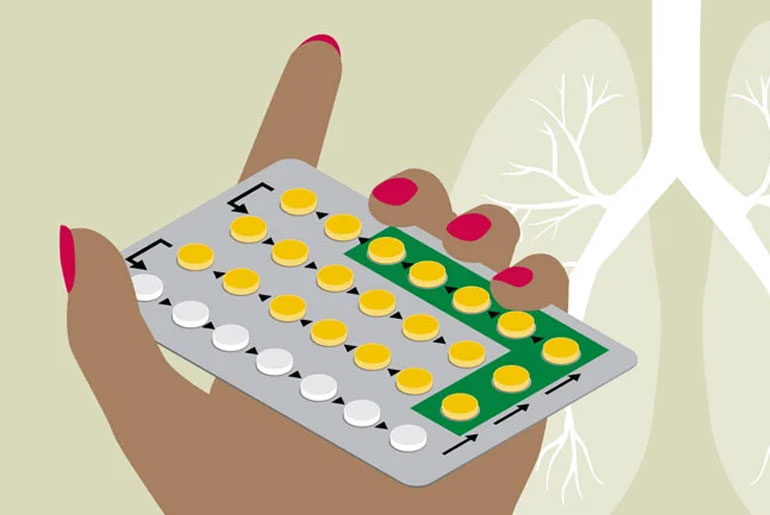A study has found that women who use non-steroidal anti-inflammatory painkillers (NSAIDs) alongside hormonal contraception may face a slightly elevated risk of developing blood clots known as venous thromboembolism (VTE). The level of risk appears to be influenced by the type of hormonal contraception used.
For women using combined oral contraceptives containing third or fourth generation progestins alongside NSAIDs like ibuprofen, diclofenac, and naproxen, the risk of VTE was higher. However, women using progestin-only contraceptive methods, such as tablets, implants, and coils alongside NSAIDs, experienced a lower risk.
It’s important to note that the absolute risk of developing a serious blood clot remains low, even for women using high-risk hormonal contraception. Nevertheless, due to the widespread use of both hormonal contraception and NSAIDs, the researchers emphasize the importance of healthcare providers informing women about this potential drug interaction.
Prior to this study, there was limited information on whether NSAIDs could influence the risk of VTE in otherwise healthy women using hormonal contraception. To address this gap, researchers analyzed medical records of 2 million women aged 15 to 49 in Denmark from 1996 to 2017, specifically focusing on those with no history of blood clots, cancer, hysterectomy, or fertility treatment.
Hormonal contraception was categorized into high, medium, and low-risk groups based on their previously established associations with VTE. High-risk options included combined estrogen and progestin patches, vaginal rings, and pills with 50 mcg of estrogen or third/fourth generation progestins. Medium-risk contraception encompassed all other combined oral contraceptives and the medroxyprogesterone injection. Progestin-only tablets, implants, and hormone intrauterine devices (coils) were classified as low or no risk.
The study also accounted for various potential influencing factors such as age, education level, pregnancy history, prior surgery, high blood pressure, and diabetes. These findings provide valuable insights into the interplay between NSAIDs and hormonal contraception and underline the importance of informed healthcare decisions for women.
Disclaimer:
The information contained in this article is for educational and informational purposes only and is not intended as a health advice. We would ask you to consult a qualified professional or medical expert to gain additional knowledge before you choose to consume any product or perform any exercise.







